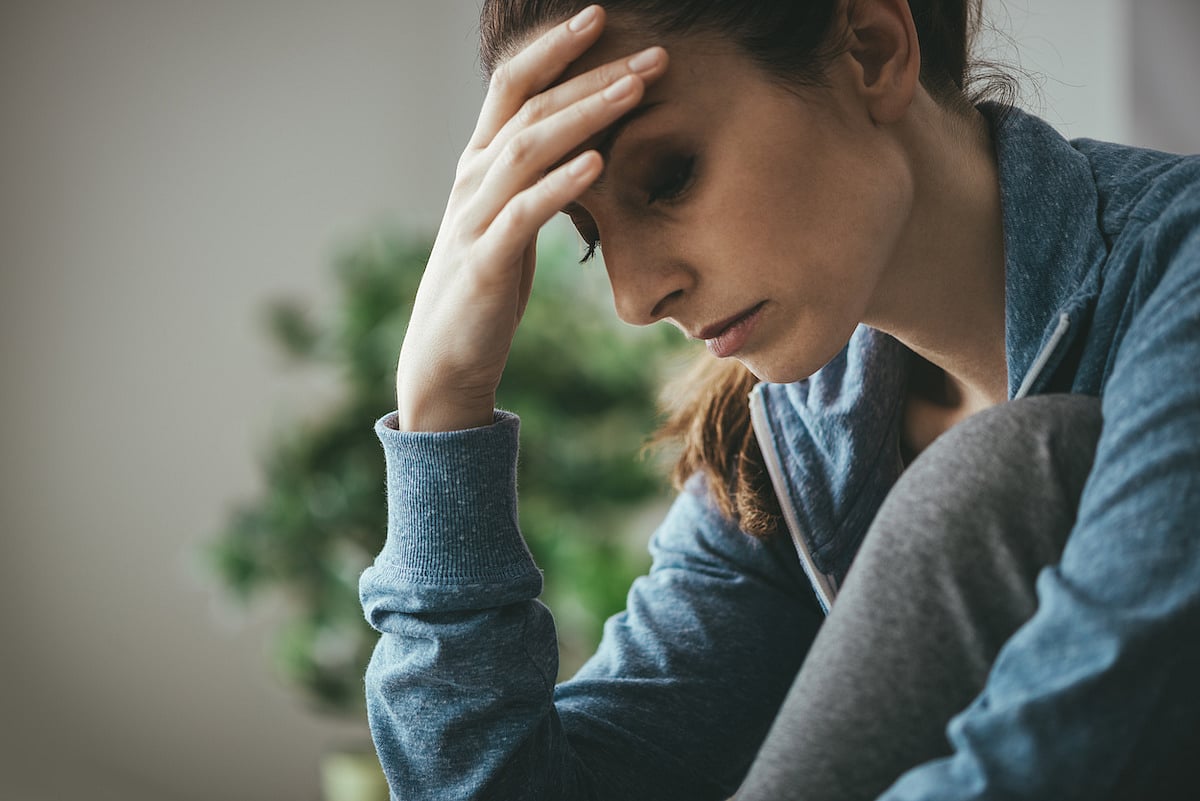Manténgase sano!

- Dennis Thompson
- Posted July 29, 2024
Grief Can Truly Age People, Study Finds
Losing someone close to you can make you age faster, a new study finds.
People who lost a parent, partner, sibling or child showed signs of older biological age compared with those who hadn’t experienced such a loss, researchers reported July 29 in the journal JAMA Network Open.
“Our study shows strong links between losing loved ones across the life course from childhood to adulthood and faster biological aging in the U.S.,†said lead researcher Allison Aiello, a professor of health longevity with the Columbia University Mailman School of Public Health, in New York City.
Biological aging involves the gradual decline in how well your cells, tissues and organs function.
Scientists measure this type of aging using DNA markers known as epigenetic clocks, and they can compare it against a person’s calendar age to see how much different factors cause premature aging.
For this study, researchers analyzed data on nearly 4,500 people who provided blood samples for DNA testing as part of a long-term study on health. The participants were tracked from their teenage years into adulthood.
Researchers tracked deaths among people close to the participants, to see how these losses might relate to their biological age.
People who had experienced two or more losses during their lifetime had older biological ages, based on epigenetic testing, researcher found.
Further, two or more losses in adulthood were more strongly linked to accelerated biological aging than one loss, and significantly more so than no losses, results show. About 40% of participants experienced at least one loss between ages 33 and 43.
“The connection between losing loved ones and health problems throughout life is well-established,†Aiello noted in a university news release. “But some stages of life might be more vulnerable to the health risks associated with loss and the accumulation of loss appears to be a significant factor.â€
More research is needed to understand how grief impacts long-term health, Aiello said.
“We still don’t fully understand how loss leads to poor health and higher mortality, but biological aging may be one mechanism as suggested in our study,†Aiello said.
More information
The National Institute on Aging has more about epigenetics and aging.
SOURCE: Columbia University, news release, July 29, 2024







